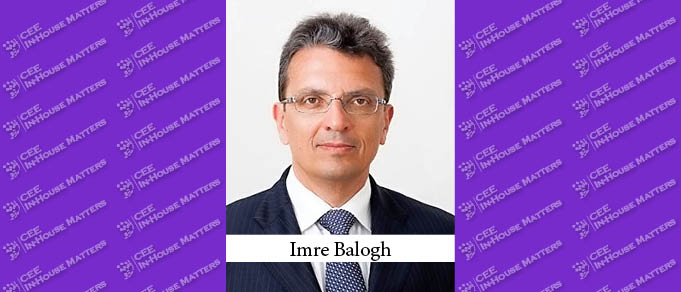On July 9, 2020, CEE Legal Matters reported that ODI Law had advised Hranilnica Lon on a new issuance of shares. CEEIHM spoke with Imre Balogh, President of the Management Board at Hranilnica Lon, to learn more.
CEEIHM: To start, please tell our readers a few words about Hranilnica Lon.
Imre: It is a specialized financial institution in Slovenia – its status is that of a savings bank. It is a small traditional institution, mainly servicing private clients and micro-enterprises. Our total assets amount to approximately EUR 300 million and the total capital amounts to roughly EUR 20 million.
CEEIHM: As reported already, “the share issuance is one of the first transactions in Slovenia based on a newly adopted exemption under the Prospectus Regulation and Slovenian Market in Financial Instruments Act.” Can you tell us a bit about the exception and how it impacted this issuance specifically?
Imre: I think I should give you a bit of background information before addressing this. A while ago, the shareholders decided that we would increase our capital with 100,000 shares. At the time of the decision, the company had 115,000 shares, so that decision basically represented a doubling of that number. Having looked at the various options at our disposal, it was decided that the first round of the increase would happen under this newly available method. What is this method? Well, in a nutshell, the exception means that, up to EUR 3 million in terms of a total subscription, a company can benefit from a simplified procedure – i.e., there is no need to issue a prospectus and you do not need a special permit from the regulator. As a result, the procedure is much shorter – one can save anywhere between 30 to 60 days by applying this. The transaction took place towards the end of the lockdown and it was important for us to have it closed before mid-year, which is what ultimately had us push the button on taking this route.
CEEIHM: ODI Law also announced that “after a change of the management board last year the bank is currently in the process of reorganizing its business.” Is this reorganization related to the new issuance in any way? If so, how?
Imre: This change happened at the end of last year in December. That is when I (as the new President) and my colleagues took over at the helm. Our mandate then was to implement a full reshuffle of the operations of the bank. As a part of this, the reorganization was simultaneously done with the capital increase on June 1, 2020, and it was one crucial pillar in the total renewal of the business and operations of the organization. It is now a much leaner organization, with only one management level below the board, which also reflects the major driver to simplify the business. Now we have in place the classic organizational structure you would expect from a bank, with a clear separation of the different functions as required by the banking rules, and with the necessary control points of the organization built in.
CEEIHM: What would you say was the most complex aspect of the issuance?
Imre: The issuance was combined with the pre-emptive right of the existing shareholders in the first round, with external investors having the opportunity to subscribe in the second round. Running the process partially parallel meant we needed to develop a methodology for the pricing of the second round based on the success of the first round. Those involved in the legal framework had to deal with the dual-level of the procedure, meaning they had to be very precise to treat all investors fairly and equally while achieving a pricing that reflects market conditions, in a market that was already very difficult (not post-COVID-19, but during COVID-19). I'm happy to report it went through smoothly, overall, and the bank could now capitalize and be prepared in the future and participate in the economic recovery of the market.
CEEIHM: What was ODI Law’s mandate precisely – what did the firm advise on? And why did you choose ODI Law as your advisor on this matter?
Imre: ODI is one of the best known transactional advisors in the legal field in Slovenia and they had great references. I also had a personal excellent experience with them in the past. And they simply had a solid proposal.


